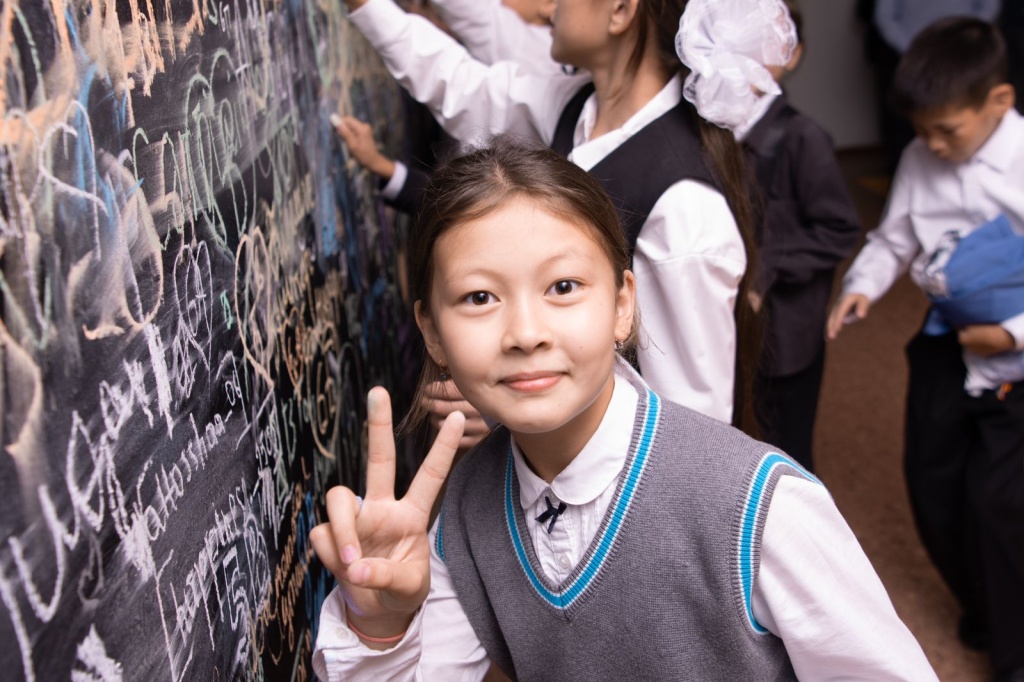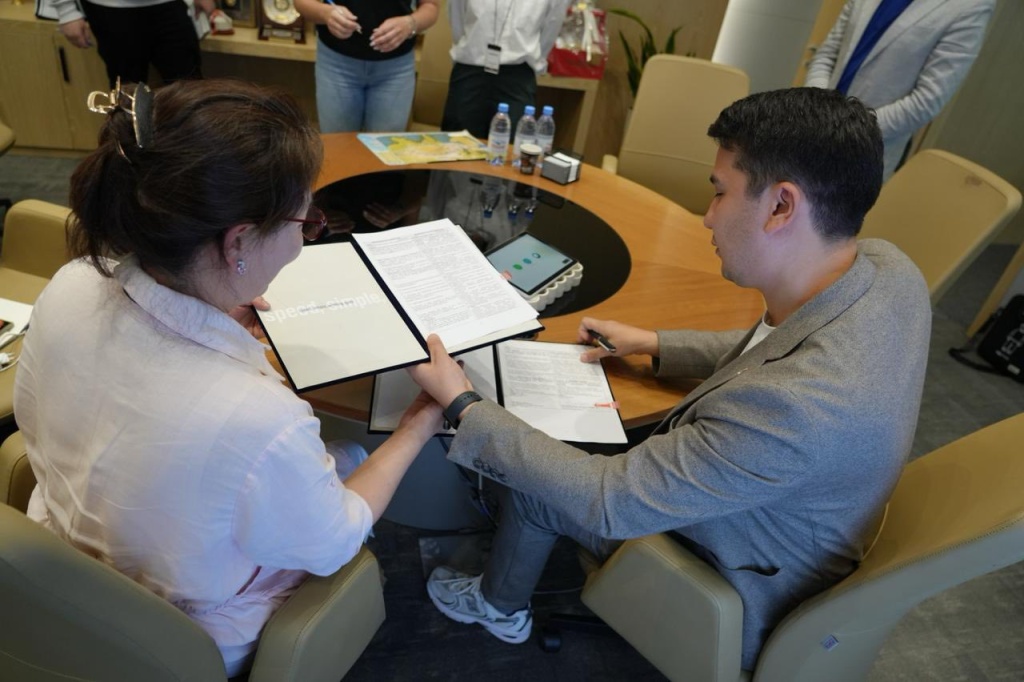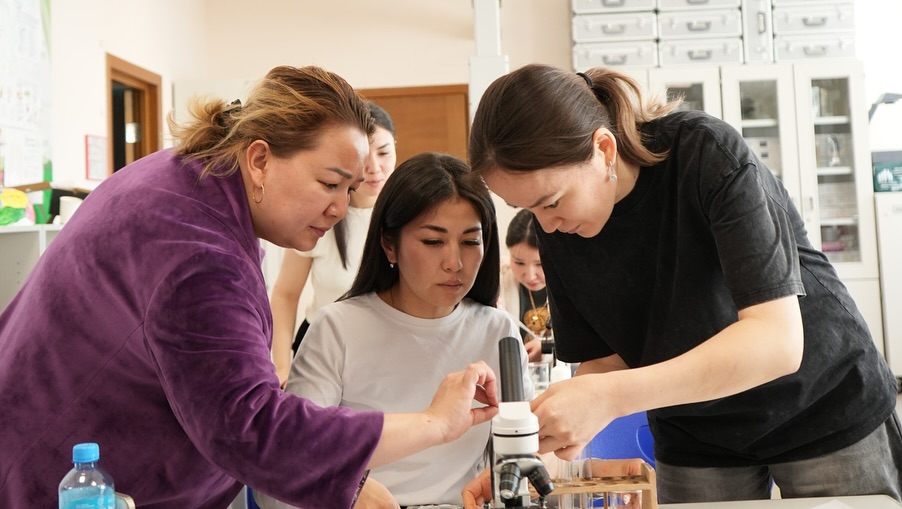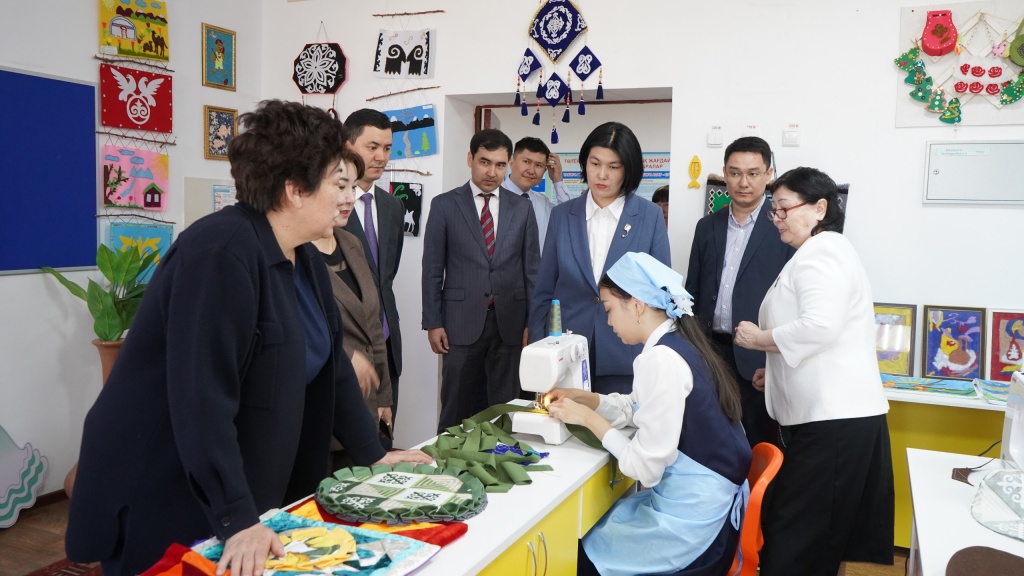News




In his 2019 Address, President Kassym-Jomart Tokayev highlighted a pressing issue — the growing disparity in the quality of education between urban and rural schools. The main cause: a shortage of qualified teachers in rural areas.
In response, Nazarbayev Intellectual Schools (NIS), in partnership with the Foundation for Sustainable Development in Education, launched the initiative “Rural School: Powered by NIS” to ensure equal educational opportunities for all children in Kazakhstan.
The "Qazaqstan Khalkyna" Public Foundation was established to address pressing issues facing Kazakh citizens in key areas of life, complementing state support measures. The foundation's primary mission is to provide charitable assistance in areas such as healthcare, education, social support, culture, and sports.
When determining priority areas in education, it became clear that special attention should be paid to improving the quality of rural education. Recent statistics confirm its decline.



The past year, 2024, marked a significant milestone in the development and consolidation of the Fund.
First, the “Support Schools” project continued to develop steadily. Over the past year, we added 56 new educational facilities, bringing the total to 135. This brought us much closer to our 2029 goal — building a network of support schools across every administrative region of Kazakhstan. This achievement places a responsibility on us to successfully complete this large-scale program, ensure the long-term sustainability of support schools as institutions, and define a new direction for the Fund’s development.

In recent years, there has been a significant outflow of people from rural areas. Why are people leaving villages? The primary reason is the lack of comfortable living conditions. Sixty percent of those relocating are young people. For example, in the Aktobe region alone, 17,000 people moved out of rural areas in 2020–2021. However, even when people leave, the problems of rural areas do not disappear—on the contrary, the situation worsens. Over time, schools shut down, infrastructure deteriorates, and eventually, villages cease to exist. Each year, 75 rural schools are closed across the country.


Education is the foundation upon which the future of society is built. Modern trends in this field emphasize digitalization and humanization to create a learning environment that meets the needs of every student. Digital technologies open the door to new opportunities, making education more accessible and diverse while transforming children from passive recipients of knowledge into active participants in the learning process.

For me, education is more than just a professional field—it is a deeply personal story. My grandfather was one of the first teachers in the Katon-Karagai district of East Kazakhstan, and my parents also dedicated their lives to teaching. Although fate led me down a different path, my commitment to contributing to the development of education remains deeply ingrained in my DNA.
